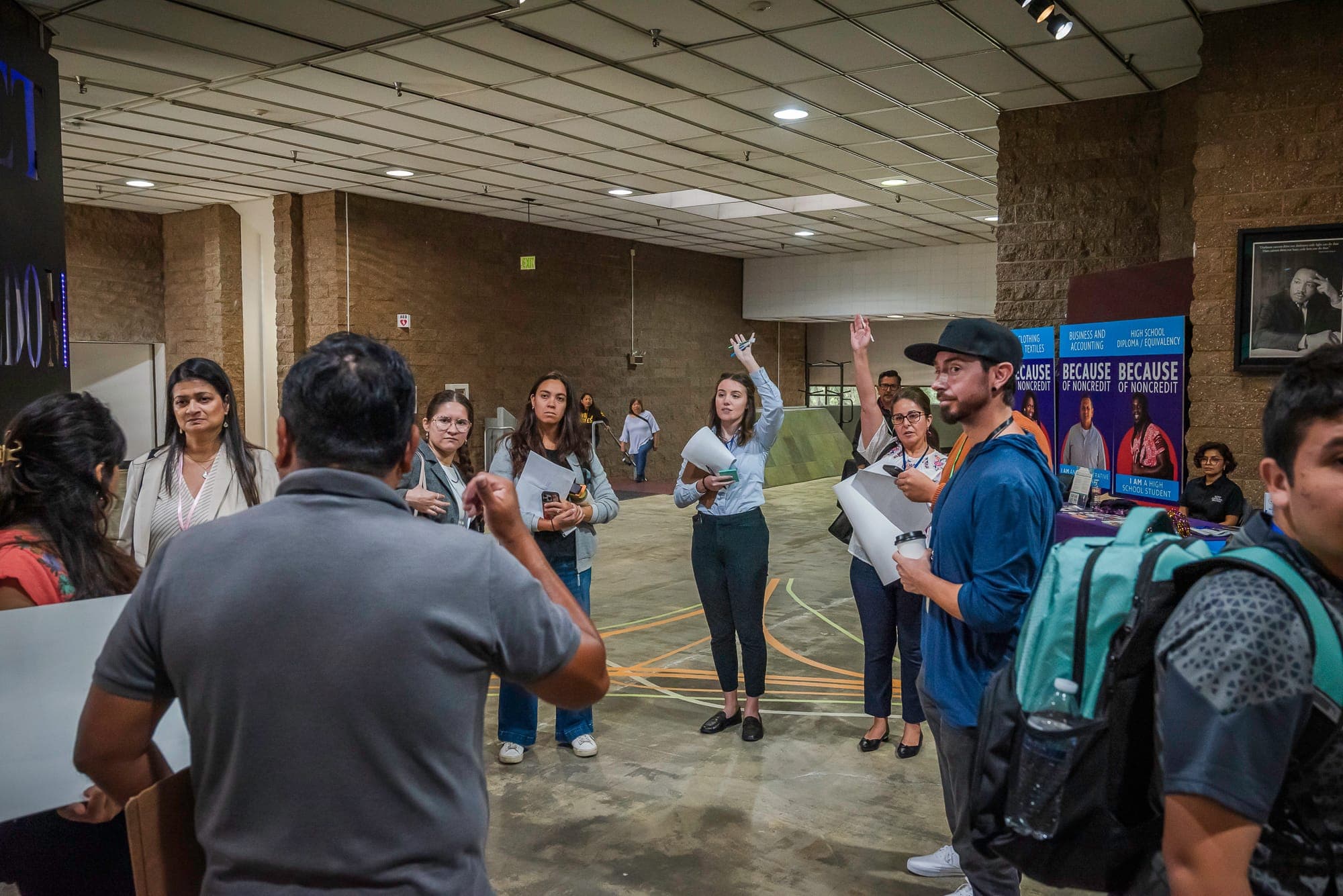
Signature reports
Best Complete Streets Policies
Since the beginning of the Complete Streets movement in the early 2000s, more than 1,700 Complete Streets policies have been adopted in jurisdictions of all sizes and contexts across the United States. Adopting Complete Streets policies is a crucial first step to reducing traffic violence, improving health equity, responding to the climate crisis, and rectifying a long history of inequitable transportation practices. This Best Complete Streets Policies report spotlights the communities that have taken that first step and outlines how they made it happen.
Stories of success
As the Complete Streets movement continues evolving, the Coalition aims to feature the strongest recent policies and help explain how local coalitions were formed to develop them, navigate the thorny process to get them adopted, and then put them into practice and start shaping projects. Be inspired by these four stories with lessons learned from some of the people involved in the highest-ranked policies in this year’s report.
City of Tucson, AZ | Community members are experts
The organizers of Tucson’s Complete Streets movement not only engaged community members but treated them as valued participants in the planning process with their own expertise to offer. This is in stark contrast to the typical planning approach, which treats planners and engineers as unimpeachable experts in contrast to community members. By countering this hierarchy, organizers made their policy not only better but likelier to pass.

Howard County, MD | Take your time—great policies are not created overnight
They require significant time and energy from a diverse group of stakeholders to ensure the policy reflects community needs. It took Howard County six years to develop and adopt this policy and the corresponding Design Manual. Although it may create a longer process, it’s critical to take the time to get all the details right and build policies that benefit as many community members as possible.

City of El Paso, TX | Take advantage of every opportunity to share your message
It took the coalition in El Paso two years to get their policy drafted and passed. In that time, they created local news opportunities, collected stories from community members, conducted street audits, had renderings done to illustrate the concepts, held community engagement activities, and met one-on-one with city leaders to get their message out. These efforts were critical in gaining the support needed to get their policy passed.

City of Joplin, MO | There are resources out there to help you meet the moment
Creating the case for a strong Complete Streets policy required funding and knowledge. The Joplin team benefited from funding from the state’s Department of Health and Senior Services and technical assistance programs like Smart Growth America’s Complete Streets Consortium, where they tapped into broader advocacy networks and strengthened relationships with policymakers. These resources helped the committee draft a top-ranking policy and develop strategies to get it passed.

Evaluate your policy
The National Complete Streets Coalition evaluates and scores Complete Streets policies across the country using our Policy Framework. Now, advocates and policymakers can do the same, using our free and open-source tool to evaluate existing or drafted local, MPO, or state-level Complete Streets policies.

© 2025 Smart Growth America. All rights reserved
Site By3Lane Marketing









